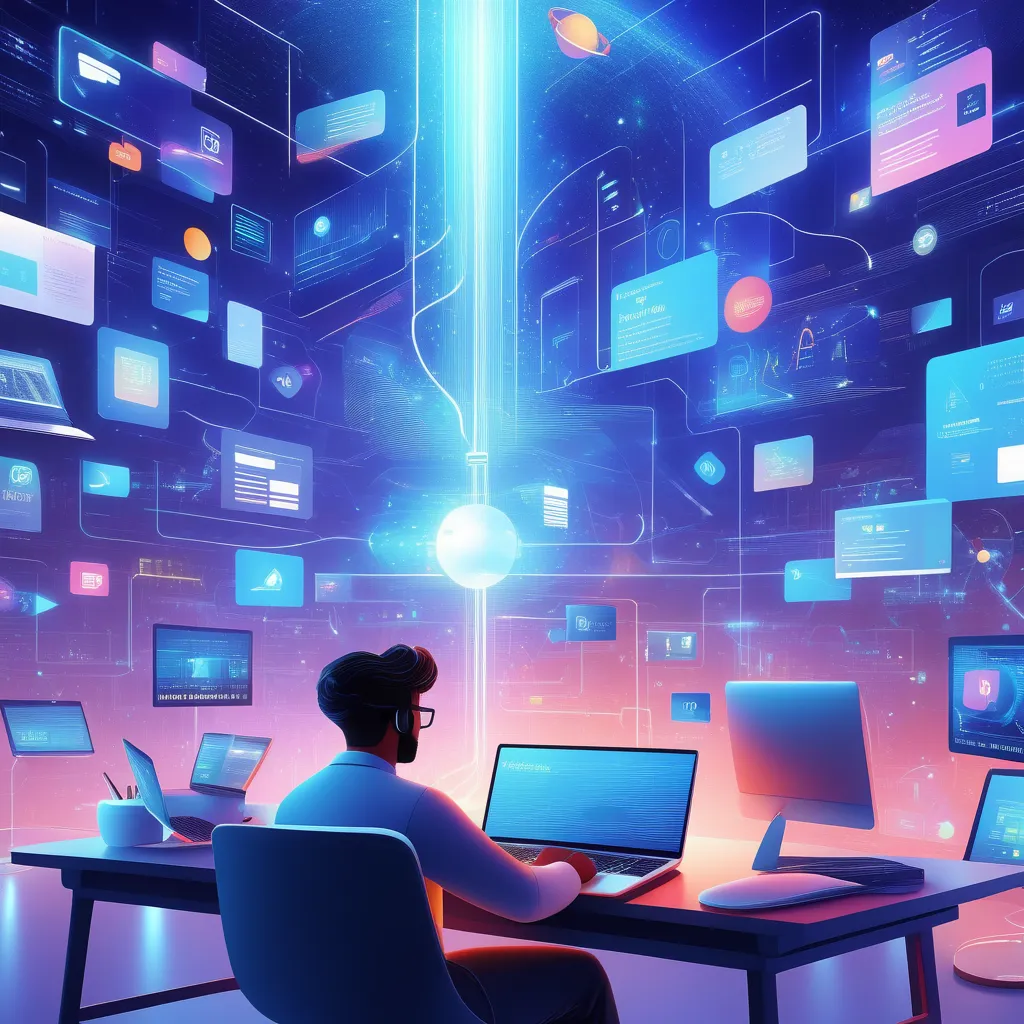Remote Learning: The Future of Education?
As someone who has experienced the transition to remote learning firsthand, the question of whether it represents the future of education is a topic close to my heart. The shift from traditional classrooms to virtual interfaces has been both challenging and transformative. Let's explore the landscape of remote learning, drawing insights from personal anecdotes and broader observations to ponder its potential as the future of education.

The Unexpected Transition
Navigating the New Normal
The sudden shift to remote learning in response to global events caught many by surprise, including myself. As I swapped traditional classrooms for virtual ones, the initial adjustment period was a mix of technical hiccups and adapting to a new mode of learning. Despite the challenges, the experience sparked a curiosity about the possibilities and limitations of remote education.
Flexibility: The Remote Advantage
Tailoring Learning to Life
One undeniable advantage of remote learning is the flexibility it offers. Balancing work, family, and education became more manageable as I could tailor my learning schedule to fit into the pockets of time available. The ability to access lectures and resources at any time opened up new possibilities for those juggling multiple responsibilities.
The Digital Divide Dilemma
Access and Equality
While remote learning offers flexibility, the digital divide remains a significant challenge. Not everyone has equal access to reliable internet and devices. Reflecting on personal encounters with classmates facing connectivity issues highlighted the urgency of addressing these disparities to ensure that remote education is an inclusive future for all.
The Social Connection Conundrum
Beyond Screens and Classmates
Traditional classrooms provide a social environment that extends beyond academic interactions. Remote learning, on the other hand, can sometimes feel isolating. Personal anecdotes of missing the casual conversations before and after class underscored the importance of fostering social connections in the virtual realm. Balancing academic rigor with opportunities for social interaction becomes a crucial consideration.
Tailoring Education to Individual Pace
Learning at Your Own Speed
One noteworthy aspect of remote learning is the ability to progress through material at an individual pace. As someone who occasionally found certain topics challenging, the option to revisit lectures and take time to grasp concepts was a valuable advantage. It raises the question of whether a personalized learning experience is a key component of the future of education.
The Role of Technology in Learning
Beyond the Classroom Walls
Technology plays a central role in the remote learning landscape. From interactive online platforms to collaborative tools, the digital shift expands the possibilities of education beyond the confines of physical classrooms. Reflecting on experiences with virtual labs and multimedia resources highlighted the potential for technology to enhance the learning experience.
Challenges of Engagement and Motivation
Navigating Distractions and Burnout
Remote learning comes with its own set of challenges, particularly when it comes to maintaining engagement and motivation. Personal struggles with distractions and occasional burnout underscored the importance of implementing effective strategies for student engagement in the virtual realm. The future of education may require innovative approaches to keep learners motivated and connected.
The Hybrid Model: A Middle Ground?
Blending Virtual and Physical
As I contemplate the future of education, the idea of a hybrid model emerges—a blend of virtual and physical learning experiences. Combining the flexibility of remote learning with the social dynamics of traditional classrooms could offer a balanced approach. Personal anecdotes of enjoying the best of both worlds point to the potential benefits of a hybrid educational landscape.
Teacher-Student Dynamics in the Digital Era
Nurturing Connections Beyond Screens
Building meaningful teacher-student relationships is a cornerstone of effective education. In the digital era, maintaining those connections requires intentional efforts. Personal experiences of virtual office hours and one-on-one video consultations highlighted the importance of fostering mentorship and guidance, even in the absence of physical proximity.
Conclusion: Shaping the Future Together
As I reflect on the journey through remote learning, it becomes evident that the future of education is a dynamic landscape shaped by a combination of challenges and opportunities. While remote learning offers flexibility and personalized experiences, addressing issues of access, social connection, and engagement is crucial. Perhaps the future lies in a collaborative effort to harness the strengths of both virtual and physical learning, ensuring that education remains a transformative and accessible force for all.

No comments:
Post a Comment